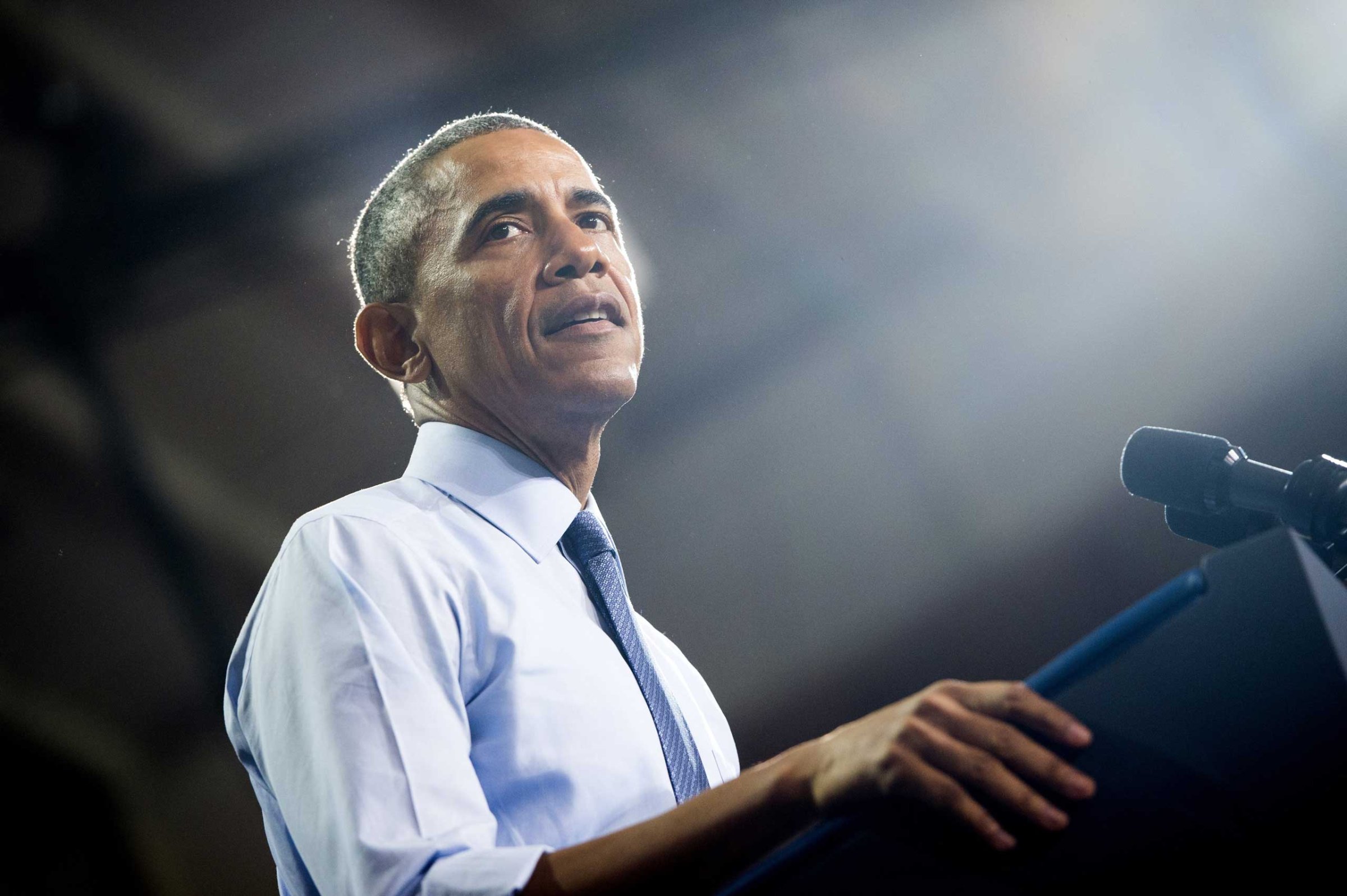
With his proposed budget today, President Obama turned another empty Washington ritual into an opportunity to pitch a detailed blueprint for helping the American middle class, an effort aimed less at present-day politics and more at building his presidential legacy.
As he did with the State of the Union address last month, Obama put forth poll-tested ideas that stand little chance of making it through the current Republican-controlled Congress during the remainder of his term.
The detailed $4 trillion budget proposal lays out an America where preschool is universal, community college is free and student loan payments are limited to 10% of monthly income. It describes a country where lower-income households benefit from a larger earned income tax credit, while working married couples have an additional tax credit to pay for child care. It even assumes that immigration reform, now stalled indefinitely, has been signed into law.
As always, the question comes down to how to pay for these ideas. In the budget, Obama proposes a number of tax increases, including a hike in the capital gains tax rate and a one-time mandatory tax on U.S. corporations’ overseas profits.
Republicans in Congress panned the budget before it had even been presented. In an interview with NBC’s Meet the Press on Sunday, Chairman of the House Ways and Means committee Rep. Paul Ryan of Wisconsin said that Obama is practicing “envy economics.”
“This top-down redistribution doesn’t work,” he said. “It may make for good politics, it doesn’t make for good economic growth.”
But while the focus of the coming days will be what Congressional Republicans have to say about the ideas, the real target of the budget proposal and the State of the Union is elsewhere. As Obama winds down his final term in office, he’s keeping an eye on his own legacy and how it will affect whoever becomes the 45th commander-in-chief.
The policy ideas unveiled in Obama’s 2015 budget aren’t about 2015 at all, but 2016 and the years after that.
More Must-Reads from TIME
- Why Biden Dropped Out
- Ukraine’s Plan to Survive Trump
- The Rise of a New Kind of Parenting Guru
- The Chaos and Commotion of the RNC in Photos
- Why We All Have a Stake in Twisters’ Success
- 8 Eating Habits That Actually Improve Your Sleep
- Welcome to the Noah Lyles Olympics
- Get Our Paris Olympics Newsletter in Your Inbox
Contact us at letters@time.com